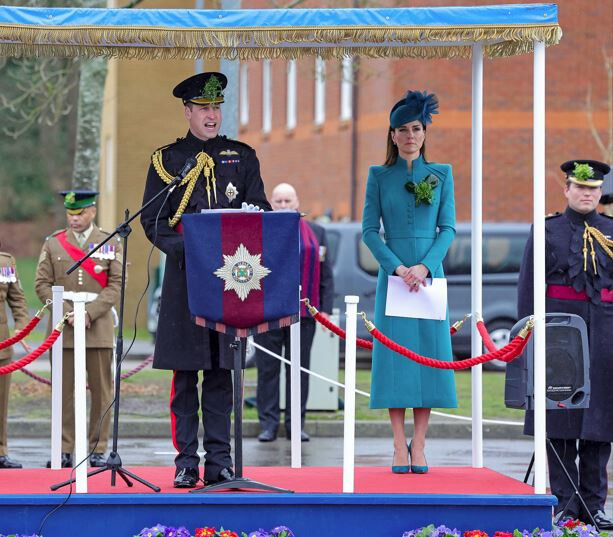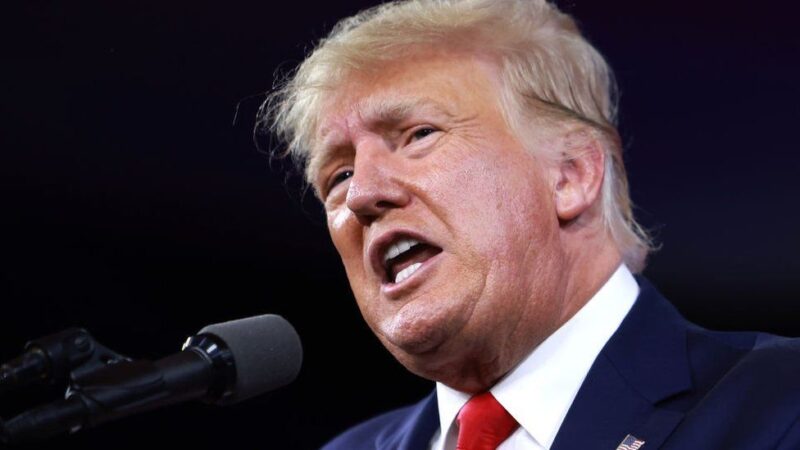Journalist Robert Jobson said on Tuesday that the British royal family must be more transparent to regain the trust lost after the publication of a digitally altered photo that fueled speculation and misinformation.
“We live in a different world where conspiracy theories gain traction on the Internet, when in fact they are nonsense, and they have to face it,” the author and journalist, who specializes in British royalty, said at an event in London. .
On March 10, the British Royal House released a photo of the Princess of Wales, Kate Middleton and her children George, Charlotte and Louis to mark Mother's Day in the United Kingdom, reportedly taken by her husband Prince William.
According to the British press, the move was aimed at quieting speculation about Kate's health, nearly two months after the Princess of Wales underwent undisclosed stomach surgery.
However, after several irregularities were discovered in the photo, five major international news organizations pulled their respective images from circulation, claiming it had been manipulated.
Kate Middleton took responsibility for the manipulation, saying that “like many amateur photographers”, she “experiments with editing”, but Jobson blames the internal services of the royal family for communications, which must be more careful.
The British Royal Family refused to release the original film.
According to Robert Jobson, royal correspondent for the Evening Standard newspaper and author of several books on the monarchy, the situation led to a breakdown of the press and public confidence in the royal family.
“How are they going to regain trust? By doing a professional job and making sure they're honest and open as much as possible,” he suggested.
Robert Jobson published a biography of Prince William in 2022 and plans to publish a biography of Kate in July.
For this journalist and writer, the problem is part of the couple's tendency to exclude journalists from their communications, publishing photos taken by themselves or posting videos directly to social media.
“It's a lot easier to go on YouTube and say what you want to say because you're not asked what you're doing. The same goes for photos,” he said.
“Any body that spends public money deserves a free press to ask reasonable questions,” he concluded.

“Total creator. Devoted tv fanatic. Communicator. Evil pop culture buff. Social media advocate.”

